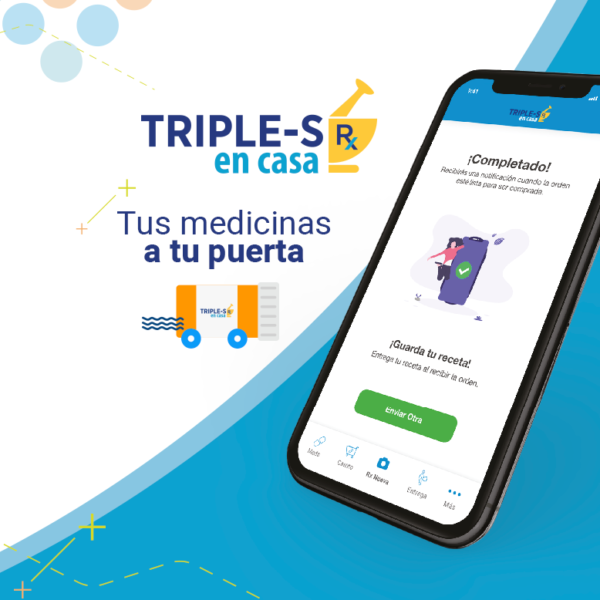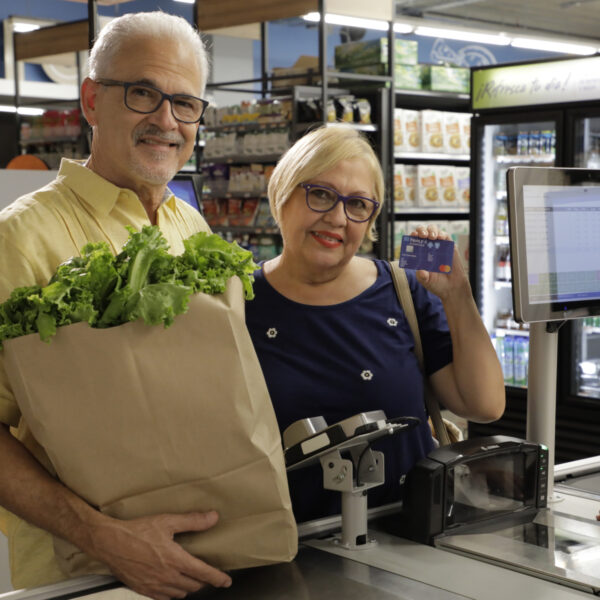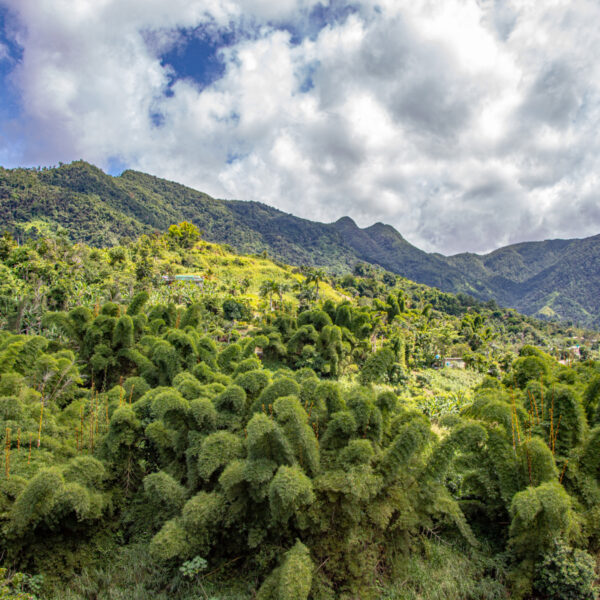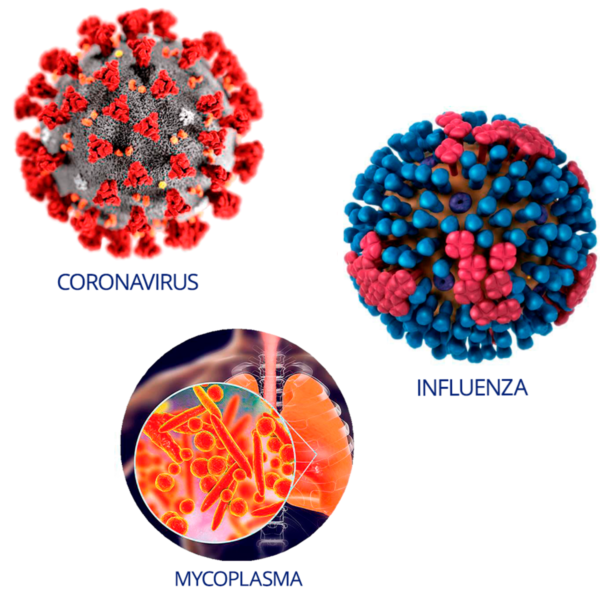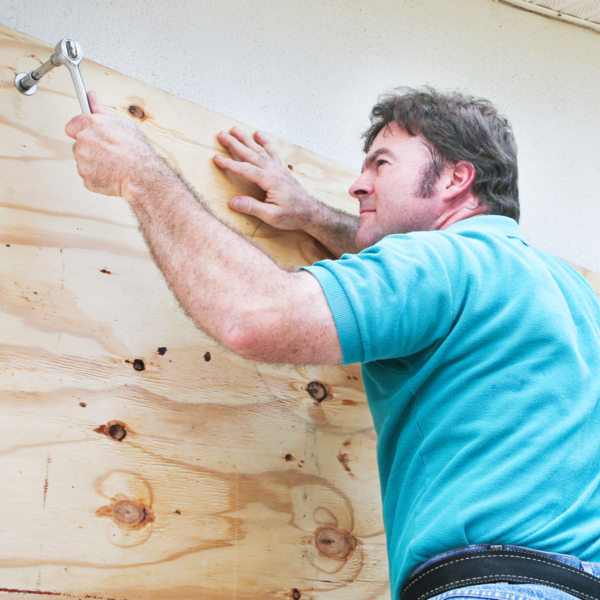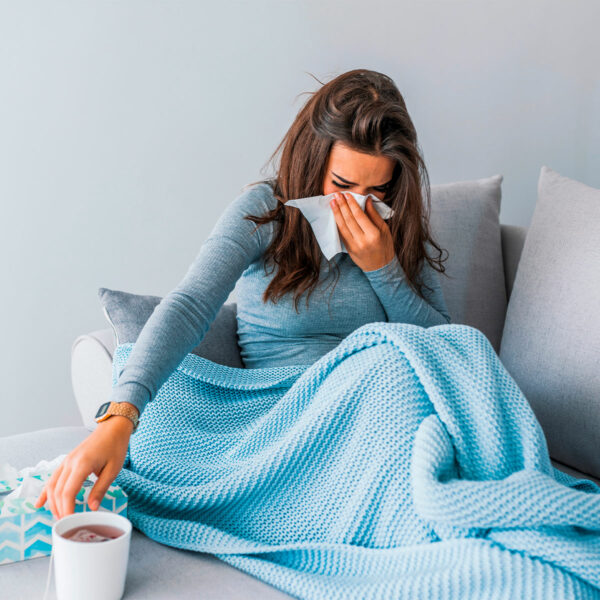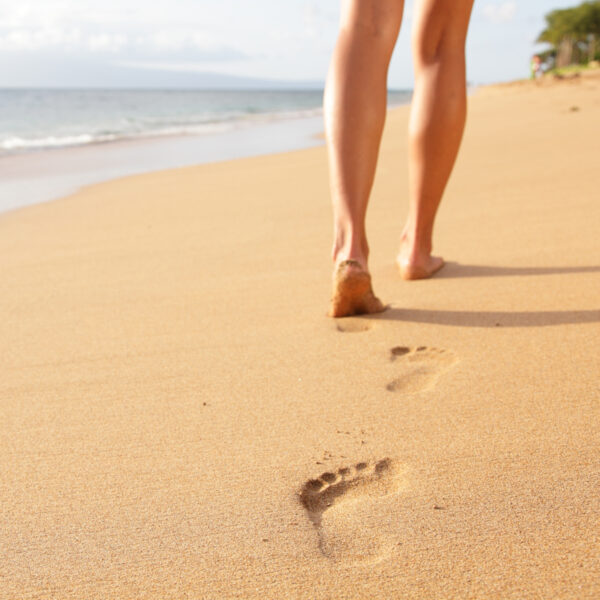Hurricanes are a potentially devastating natural phenomenon and a familiar occurrence for those living in Puerto Rico. Even if we have experienced it before, it’s vital to always be aware of the necessary precautions to take. We must learn what to do to keep ourselves and our loved ones safe during hurricane season.
Here are some practical tips for minimizing risk and managing any situation that may arise before, during and after a hurricane.
Before the hurricane
It’s important to take precautions and prepare before the hurricane approaches. Here are some key steps you should follow:
- Stay informed: Monitor forecasts and warnings issued by local authorities and weather services. Look to trusted sources such as NOAA and stay informed about the trajectory and intensity of the atmospheric phenomenon.
- Make sure you have enough essential emergency supplies, including drinking water, non-perishable food, medications, flashlights, and batteries. Consider investing in a power generator in case of extended power outages.
- Protect your home: Inspect your home. Make sure the roof, windows, and doors are in good condition. Reinforce any vulnerable areas and consider installing storm shutters on your windows. Remove loose objects outside your home that could become projectiles.
- Plan an evacuation route: Know the evacuation routes designated by local authorities. Plan how to get to a safe place if you need to leave your home. Don’t forget to include a plan for your pets as well.
- Review your property insurance policy: Reviewing and updating your property insurance policy is vital in order to guarantee full and effective coverage in the event of a hurricane or other disasters. Make sure your policy is up to date by verifying that it covers damage caused by a hurricane, such as high winds, torrential rains, and potential flooding.
During the hurricane:
Your personal safety must be your top priority during a hurricane. Below are some important rules to follow:
- Keep calm and follow instructions: Remain in a safe place inside your home and stay tuned to the radio or television for updates and instructions from the authorities. Do not go outside under any circumstances.
- Stay away from windows and doors: Avoid areas in your home that are close to windows, doors or objects that could become loose or break. Find a place in the house without windows, such as a bathroom or closet, and protect yourself.
After the hurricane:
Once the hurricane has passed, you will need to continue to be cautious and take the necessary steps for your own safety and the safety of your family. Below are some steps that you should follow:
- Wait for instructions from the authorities: Do not go outside until it is deemed safe by local authorities. If you had to evacuate your home, follow instructions on how and when to return. Monitor safety reports and local updates to learn about road conditions and affected areas.
- Inspect your home: When it’s safe to go outside, inspect your home for possible structural damage or hazards. Be careful when walking around your property as there may be debris or fallen utility poles or wires. If you discover major damage, such as cracks in the walls or issues with the plumbing or electrical system, call emergency services or professionals to assess the situation.
- Beware of hazards and avoid flooded areas: Do not touch fallen power cables and do not use or drink tap water until it has been confirmed to be safe for consumption. Be careful when walking or driving, as streets may be flooded or blocked and contain hidden hazards such as electrical cables.
- Help others if possible: If you are able to do so, help your neighbors or your community. Ask if someone needs medical assistance or any other type of help. Solidarity and mutual support are essential in moments of crisis such as these.
- Document the damages: Take photos or videos of the damage to your property to support any insurance claims. Make an inventory of the damaged goods and keep all receipts and records related to repair expenses.
- Emotionally recover: Hurricanes can be traumatic and may leave emotional scars. It’s important to take care of your and your loved ones’ emotional well-being. Seek support from family, friends, or mental health professionals if you need it.
Hurricanes are unpredictable natural phenomena that require both adequate preparation and safe response. By following these steps, you will be better prepared before the hurricane arrives, know what to do during the storm, and know how to deal with the challenges in the aftermath.
Remember, your personal safety and protecting your home and loved ones are your top priorities. Stay informed, be proactive, and don’t hesitate to ask for help and support when you need it. You can also trust Triple-S Propiedad to protect your home and assets in the event of a hurricane. Learn more about our insurances at ssspropiedad.com/en. Together, we can overcome the challenges that hurricanes may bring, and we can rebuild our communities stronger than ever.
Source
Florida International University. Hurricane Preparedness: Before, During, and After. Retrieved from https://huracanes.fiu.edu/preparate-ahora/antes-durante-y-despues/index.html


